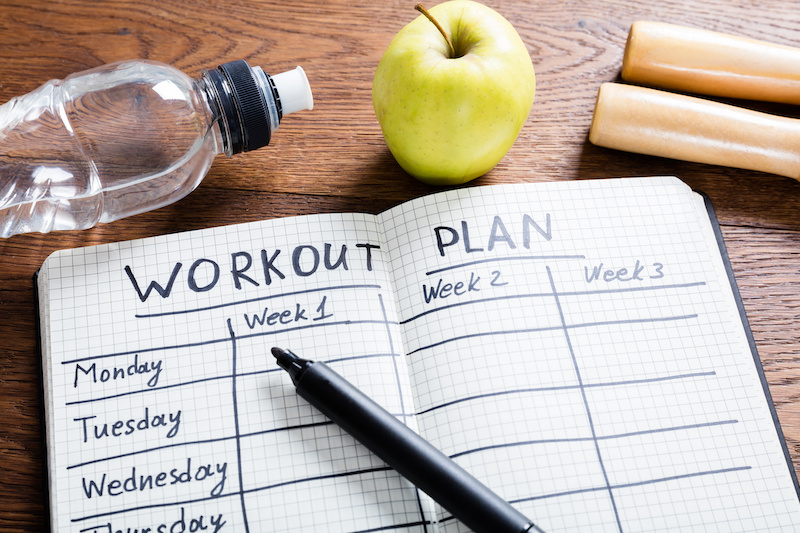Written by: Elsie Velazquez Cert. Personal Trainer Prescription Fitness
A concussion is a traumatic brain injury that affects your brain’s function. Concussions are common in sports such as football, soccer, wrestling, and lacrosse. While some concussions are obvious because they cause you to lose consciousness, most do not. This is why it is possible to have a concussion and not even realize it. It is also important to know that cumulative concussions – those caused by repeat blows to the head – can have long-term effects because the brain does not have the chance to recover fully before another injury and the damage piles upon damage. While most people recover after a concussion it is important to know the causes, signs, and symptoms.
The effects of a concussion are usually temporary. In most cases, concussions are caused by a blow to the head or violently shaking the head and upper body. CDC estimates 3.8 million concussions occur each year. Concussions can be hard to manage because it is an injury you cannot see. If left untreated, a concussion can have devastating consequences but if treated properly, those who suffer a concussion can expect a full recovery.
Concussion symptoms can include the following:
- Balance problems
- Difficulty communicating, concentrating
- Dizziness
- Confusion
- Forgetfulness
- Clumsiness or poor balance
- Changes in mood, behavior or personality
- Headache
- Irritability
- Memory difficulties
- Nausea/vomiting
- Nervousness
- Numbness or tingling
- Sensitivity to light or noise
- Sleeping more than usual or difficulty falling asleep
The most common method used to treat a concussion is rest, both physically and mentally. This means avoiding activities that increase any of your symptoms, such as excessive physical exertion, and sports or any vigorous movements. Limit activities that require mental concentration such as video games, watching television, reading, texting, and computer usage if they make symptoms worse. Adding activities back into your day should be gradual.
For headaches, try taking a pain reliever such as acetaminophen. Avoid other pain relievers such as ibuprofen (Advil, Motrin IB) and aspirin, as these medications may increase the risk of bleeding.

Click on a Subject to Learn More



